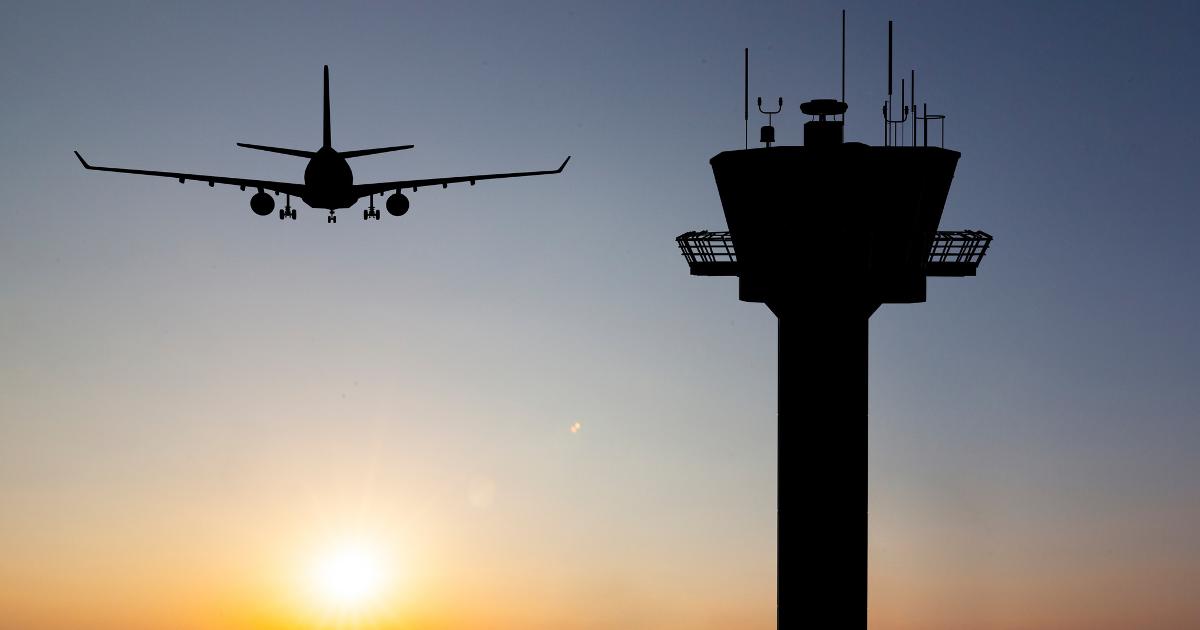Our website will be undergoing maintenance starting at 18.00 on Friday 7 February. There may be some issues, for example with downloading attachments, on Saturday 8 February in the morning. We apologise for the inconvenience.
Government wants to ensure the continuation of transport services in no-deal Brexit

The Government considers it important that in the fields of air transport and road freight transport the European Union will prepare for the consequences of the United Kingdom's withdrawal from the European Union without an agreement.
On 19 December 2018, the European Commission adopted proposals for Regulations on air transport connectivity and safety and road freight connectivity as part of the package that prepares for the UK's withdrawal from the Union. The Regulations would remain in force for a certain transitional period to ensure that air transport and road freight transport operations could continue in a no-deal situation after the date of the withdrawal.
On 24 January 2019, the Government submitted communications to Parliament on the Commission's Regulation proposals.
Member States' diverse needs must be taken into account in aviation
The Regulation proposal concerning aviation would ensure the so-called basic connectivity in air transport, which means direct flights between the United Kingdom and each Member State and overflights and technical stopovers in the areas of the United Kingdom and the EU. This would be subject to the condition that the United Kingdom will apply equivalent rights to EU air carriers and ensure equal conditions of competition. Despite the preparations by the EU, the withdrawal of the United Kingdom from the Union may affect the fluency of air transport services, especially the connecting flights via the United Kingdom.
It is the Government's view that ensuring the basic connectivity is essential in a no-deal situation.
The Government could accept that temporary arrangements with the United Kingdom be agreed upon by an EU Regulation but is of the opinion that the Regulation should not in future influence the division of powers between Member States and the Union in agreeing on traffic rights with third countries. Especially for a small and remote EU Member State like Finland, it is important to be able to flexibly and bilaterally agree with third countries on air transport connections that are necessary in terms of connectivity.
In the Regulation proposal concerning aviation safety, the Commission proposes measures ensuring temporary continued validity of certificates and approvals for certain aeronautical products and companies. The Government supports the aims of the proposal and regards it justified to extend the validity of the certificates and approvals. It is important that the measures aim to mitigate the disruptive effects on the air transport market caused by the withdrawal.
Basic road freight connectivity must be ensured
In the Regulation proposal concerning road freight transport, the Commission proposes that freight transport between the United Kingdom and EU be based on a temporary arrangement that would ensure bilateral carriage until the end of 2019 by means of the current EU legislation. However, no cabotage would be allowed. The Regulation proposal does not allow negotiating or entering into any bilateral agreements or arrangements between the United Kingdom and Member States during the period of its validity.
It is the Government's view that ensuring the basic connectivity and minimising disruptions will be necessary in the absence of a withdrawal agreement. The proposal would ensure, for a fixed term, bilateral road freight carriage between the Union and the United Kingdom, which the Government considers favourable. The Government is also of the opinion that the Regulation proposal must not affect the right of Member States to enter into bilateral road transport agreements with third countries required by the road transport needs.
The Government considers it important that in the more specific modification of the Regulation proposals the provisions concerning transfer of the regulatory power be clear and the power to be transferred to the Commission be appropriately restricted so that legislative power of Member States and the European Parliament would not in fact transfer to the Commission.
Inquiries:
Päivi Jämsä, Chief Senior Specialist, tel. +358 295 34 2138
(air transport)
Veli-Matti Syrjänen, Senior Specialist, tel. +358 295 34 2124
(road transport)
Jorma Hörkkö, Senior Government Adviser, tel. +358 295 34 2503
(road transport)